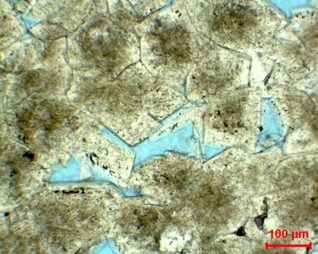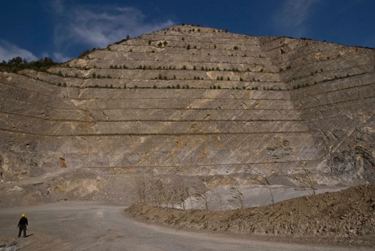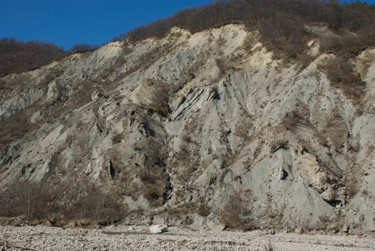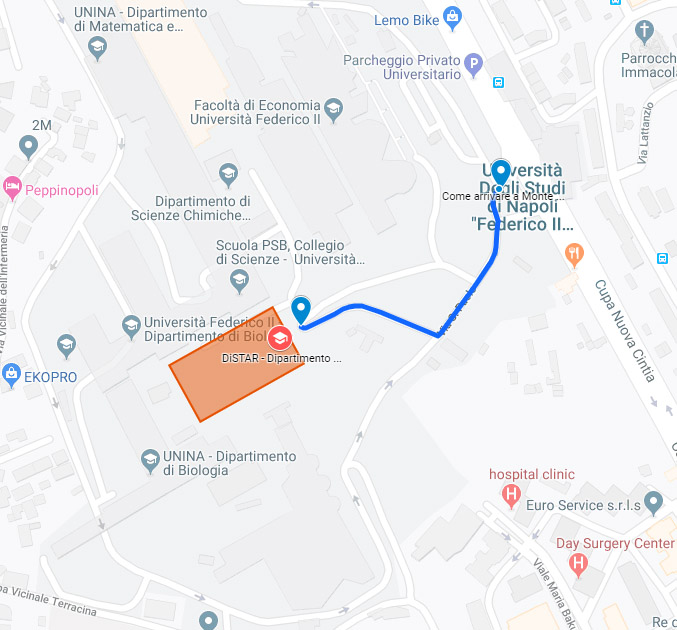Via Vicinale Cupa Cintia 21

Sedimentary Geology
Sedimentary rocks preserve the footprint of natural processes acting at the earth surface. They are a unique source of information on the evolution of the Earth System during the recent and deep geological past. Moreover, they provide important clues on “normal” (periodic) and “catastrophic” (episodic) past events, and therefore, crucial hints for the study of modern geo-hazards like submarine landslide-related tsunamis. Sedimentary processes ultimately control the intrinsic mechanical and petrophysical properties of sedimentary rocks, with important implications in terms of socio-economic impacts (e.g. hydrocarbon, geothermal and groundwater exploration and exploitation, geological storage, waste disposal, etc.). In this framework, their understanding is crucial for every surface and subsurface human activity. The sedimentary geology research group has a wide expertise on the sedimentology and stratigraphy of both carbonate and siliciclastic rock assemblages, integrating field and lab studies at different scales of observation. The natural laboratories used in these field-oriented studies, and related educational activities, are the different basin systems preserved in orogenic belts such as the Southern and Northern Apennines, the Dinarids, the Hellenides, Svalbard, Utah, Pyrenees, Sinai, Betic Cordillera, Iberian Chain, and Cyprus.
Faculty members working in this research group
Alessandro Iannace, Mariano Parente, Kei Ogata
Main topics of research:
- Stratigraphy and facies evolution of Meso-Cenozoic carbonates of the peri-Adriatic area
- Genesis and distribution of dolomites in the carbonate platform and basinal successions of the southern Apennines
- Petrography, geochemistry and genesis of calcareous tufa and travertines of southern Italy
- The record of oceanic anoxic events and ocean acidification in the Mesozoic carbonate platforms of southern Italy
- Chronostratigraphic calibration of carbonate platform biostratigraphy by isotope stratigraphy (carbon and strontium isotopes).
- Stratigraphical and sedimentological analysis of siliciclastic sediment gravity flows and mass transport deposits, and comparison with recent analogs;
- Analysis of deformation structures related to processes of gravitational instability and relationships between shallow tectonics and siliciclastic sedimentation;
- Syn-depositional deformation and petrophysical properties evolution in poorly to well lithified sediments as a tool for constraining ancient fluid flow in siliciclastic reservoirs;
Recent and actively funded projects:
- Sr isotope stratigraphy and structural analysis of the Miocene shallow-water carbonates sealing the forebulge unconformity in the central-southern Apennine. 2017-2019. University of Naples Federico II. PI: M. Parente
- “Biota Resilience to global change: biomineralization of planktic and benthic calcifiers in the past, present and future”. 2019-2022. PRIN MIUR. Local PI: M. Parente
- Trias North – Reconstructing the Triassic northern Barents shelf. 2015-2018. Research Council of Norway, Edison Norway, Lundin Norway, RWE Dea Norge, Statoil, Tullow Oil. Local PI: K. Ogata (https://www.mn.uio.no/geo/english/research/projects/triasnorth/index.html)
- Injectites and Sedimentary Intrusions in the Mesozoic sedimentary record of Svalbard (ISIMS). 2018-2019. Svalbard Science Forum. PI: K. Ogata (https://www.researchinsvalbard.no/project/8289)
Research labs
SEM, XRF, XRD, ICP-OES, TIMS



 English
English  Italiano
Italiano 




